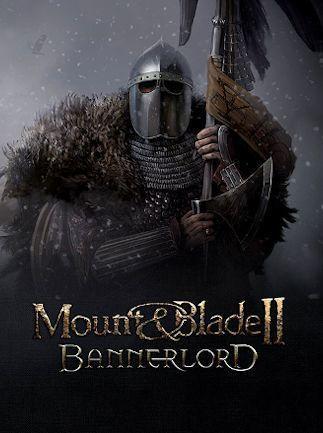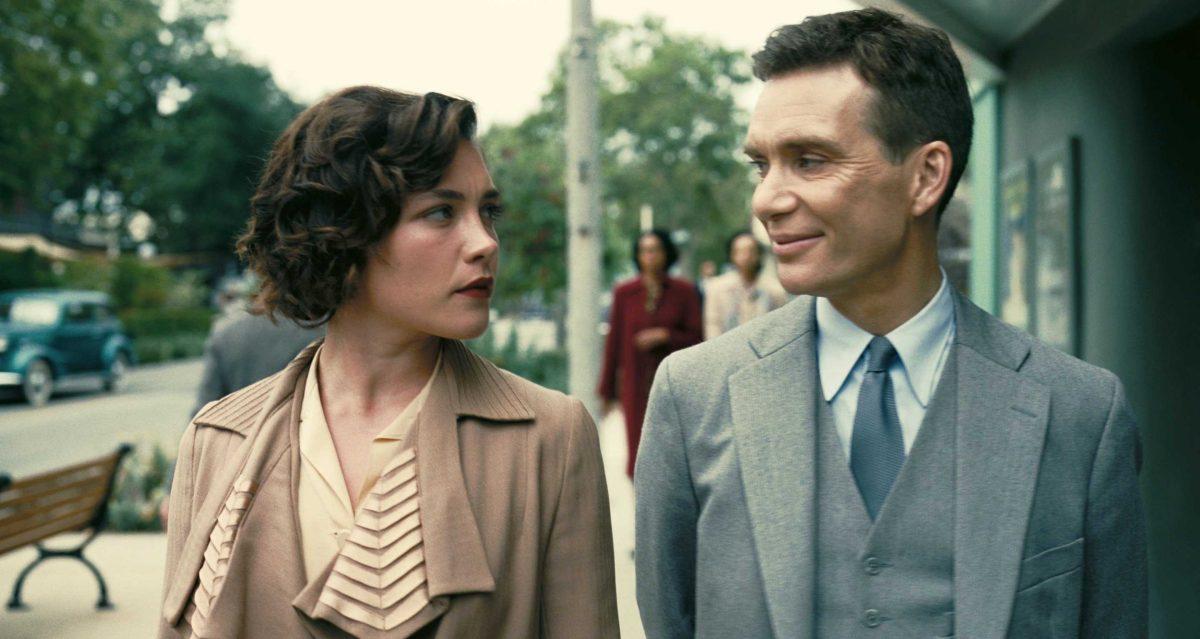Stars: 4.5/5
“Mount & Blade: Bannerlord,” sequel to the cult classic game “Mount & Blade: Warband” is the epitome of the saying, “Good things come to those who wait.”
No one expected to wait through delay after delay since its announcement eight years ago, ironically being released March 20, 2020 amid a global pandemic that halted every other project under the sun.
It is nothing short of an upgrade to its predecessor, sporting a major graphical overhaul, enhanced interactions, optimized objective-finding and greatly improved combat. Bannerlord embraces newcomers with open arms while surprising veterans with an unseen Calradia centuries before Warband’s iconic factions arose.
On its Steam store page, Bannerlord stretches across many genres/tags, holding sandbox values though with an open world RPG atmosphere. Its multiplayer functions as player vs. player in a new “captain’s mode,” using the same mechanics as the single-player campaign combat.
The medieval nature of the “Mount & Blade” series keeps combat to skill-based melee, implementing directional attacks, blocks, chambers and feints that the shoot-em-up realm of gaming will never match.
If ranged combat is all a player can stomach after pouring thousands of hours into “Call of Duty,” there is an array of bows, crossbows and throwables available even from horseback. The combat is fun and difficult, especially with Bannerlord’s new and improved AI, but this game is no brainless hack and slash where one man can take over the world.
Player recruit, maintain and lead warbands, first against small-time looters and bandits for fetch quests and favors to influential figures in towns and cities. This initial “grind” as they say in the industry is the only inkling of monotony Bannerlord forces. After accumulating skills and resources, however, players can represent themselves or aligned factions on the field of battle with hundreds of diverse units, determining formations and strategies in real time.
From the character creation menu, players face choices about their character’s life, nature, skills, position in society, factional proclivity and more. This degree of customization is where the role-playing aspect shines, allowing immersion into the fictional universe.
No knight or merchant of old bore the name Jeffrey Michaels, but there were Fendrels and Baraxils and Varins. My Aserai merchant intent on avenging his family clan and collecting some coin in the process wears the unfortunate name of Ser Arthritis.
The open-ended nature of Bannerlord is a credit and a detriment to itself. There is no bright flashing question mark above the next step in the non-existent main quest. Some players feel lost with the lack of concrete direction, but it enables a fully immersive and realistic experience.
The player takes on what tasks they desire and nothing more. They can ride across the continent with no strings attached or tie themselves down to one of six factions. They can form caravans and profit honestly or pry the gold from the hands of enemy armies and innocent villagers alike. The world is their oyster and no play through is the same.











